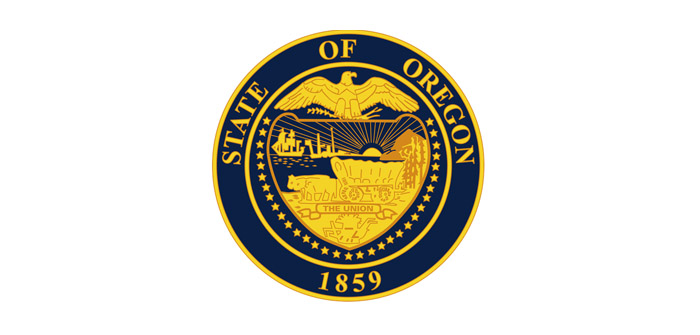Recently, Legislative Leaders rolled out the 2023-2025 Rural Infrastructure and Economic Development Budget framework. This $67 million framework builds on work that began last year with a bipartisan workgroup process that culminated in a $100 million down payment to expand rural infrastructure in Oregon. Today’s announcement follows the Legislature’s Drought and Water Security Budget framework, which was released last week and just one day before Governor Tina Kotek declared a drought emergency in Lake and Sherman Counties.
“The time is now to make these vital investments,” said Representative David Gomberg (D-Lincoln & Western Benton/Lane Counties), Co-Chair of the Joint Ways and Means Subcommittee On Transportation and Economic Development. “Hard-working, innovative rural communities like mine will be able to do some amazing things for our state with this money.”
The Rural Infrastructure and Economic Development Budget framework, if passed, would bolster rural entrepreneurial opportunities, expand rural workforce housing capacity, and support critical agriculture, natural resource, maritime, industrial, and recreation ventures across the state.
“I’m proud of the collaborative work myself and other rural legislators have done to create this robust and bipartisan infrastructure and economic development package,” said Representative Greg Smith (R-Heppner). “I firmly believe that public sector investment leads to private sector investment, and the package exemplifies this.”
The $67 million framework aims to create good-paying jobs across the state while supporting Main Street economies and the small businesses that make up the backbone of Oregon’s economy by investing in:
- Regional Rural Revitalization (R3) programming to stimulate rural communities through innovative workforce housing and infrastructure solutions.
- Outdoor recreation, including local apparel and gear industries and recreation facilities. This funding will expand opportunities for quality-of-life improvements in rural communities and provide economic opportunities for entrepreneurs to capitalize on our region’s unique natural capital and sports and recreation tourism.
- Continuing support for county fairs to help the industry continue to recover from pandemic-related impacts including lost tourism revenues.
- Empowering Small Business Development Centers to create locally focused programs that reflect the unique needs and opportunities across the State and help underrepresented, rural business owners.
- Our coastal seafood and terrestrial food system to strengthen support for dozens of small businesses, create or maintain hundreds of living wage jobs, secure a higher skilled workforce, and result in a robust agriculture sector.
- Expanding a Department of Agriculture grant program to fund upgrades to meat processors, construction of new establishments, and expansion of certain federal establishments.
- Maritime workforce development. Oregon’s maritime sector plays an integral economic role in many rural communities, but a large share of the current workforce will retire or change careers within the next 10 years, creating openings for new workers. These workforce trends represent challenges for employers as well as opportunities for Oregonians in the maritime sector of our workforce. This budget would provide support for this new reality.
- Funding assistance for rural Oregon communities developing their industrial land into shovel-ready sites and increase capacity of existing sites and job creation engines, greatly increasing rural Oregon’s ability to attract development and spur job growth.
More details on these investments will be available as legislation works through committees and conversations between members, stakeholders, and constituents continue.
Rural communities are some of the hardest hit by economic downturns and underfunded infrastructure. Democrat and Republican Legislators representing rural areas have worked together this session and in previous years to identify local needs and potential solutions to boost local industries and support rural Oregon families. In response to this work, the Rural Infrastructure and Economic Development Budget framework would attract private investments, support workforce housing, boost agricultural industries, fund county fairs, support small businesses and more.





